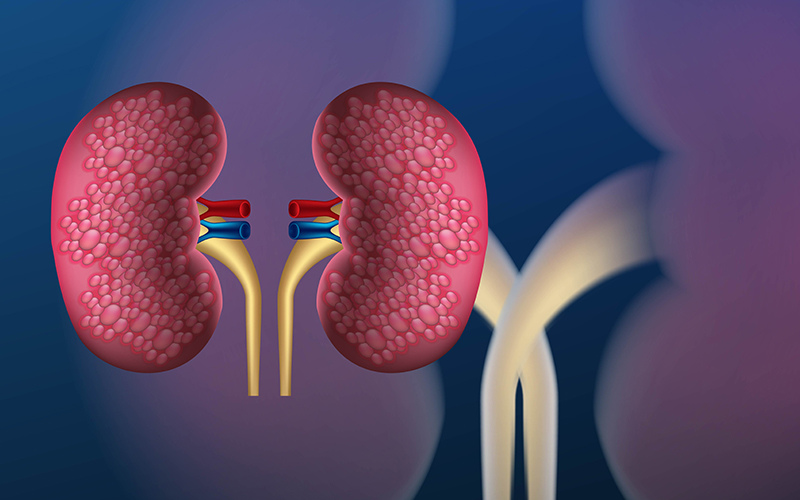Diabetes is one of the most widely heard of medical conditions across the globe. Subsequently, the number of people suffering from Diabetes in India is equally huge in numbers and alarming. However, what is even more startling is the serious complications diabetes can lead to such as Diabetic Kidney Disease (DKD).
This article is aimed at discussing everything you may need to know about Diabetic Kidney Disease.
What is Diabetic Kidney Disease?
Before we get into what DKD let us take a closer look at what these conditions mean, individually.
- Diabetes
Diabetes is a chronic illness wherein the sugar levels in your blood become too high. This is because your body is not in a position to generate enough insulin that is responsible for converting sugar into energy through the natural process. Diabetes can be classified into 2 types; Type 1 Diabetes and Type 2 Diabetes.
- Kidney Disease
On the other hand, kidney disease is the inability of kidneys to function properly. The main function of the kidneys is to remove toxic substances from your body. Kidney disease can cause waste to build up inside your body leading to various complications.
One of the most widely observed kidney diseases occurring due to diabetes is Diabetic Nephropathy. It is a condition that leads to loss of kidney function in people suffering from diabetes. This condition can occur in both type 1 and type 2 diabetic patients.
Symptoms of Diabetic Kidney Disease
Some of the common symptoms noticed in patients suffering from DKD include:
- Worsening Hypertension
- Presence of protein in the urine
- Swelling noticed in the feet and ankles
- Urge to urinate
- Loss of Appetite
- Fatigue
- Shortness of breath
- Frequent Hypoglycemia
How does Diabetes cause kidney disease?
Uncontrolled sugar levels can damage blood vessels present within the kidneys causing complete kidney failure and leading to Diabetic Kidney Disease. Furthermore, damage to blood vessels can lead to high blood pressure. High blood pressure or hypertension can aggravate the disease.
Who are at risk of developing Diabetic Kidney Disease?
While all diabetic and hypertensive patients are prone to developing diabetic kidney disease, some people have a higher likelihood than others. Common risk factors for diabetic kidney disease include:
- Poorly controlled blood sugar
- Uncontrolled blood pressure
- Smoking
- High blood cholesterol
- Family History
How is DKD diagnosed?
Any symptom likely to indicate a diabetic kidney disease should be immediately brought to the notice of your Nephrologist. Based on your symptoms, your doctor might suggest the following tests in order to confirm diabetic kidney disease.
- Blood tests
- Urine tests
- Imaging tests: such as Ultrasound
- Renal Function tests
- A Kidney biopsy
What are the possible treatments available for Diabetic kidney disease?
The treatment for diabetic kidney disease depends upon the severity of the disease, your age and your overall health condition. Based on these factors your nephrologist may recommend:
- Medications
- Sessions of Dialysis
- Kidney Transplant
Final Word Diabetic Kidney Disease affects nearly 1/3rd of people already suffering from diabetes. However, an active life, a healthy diet and routine checkup with your medical expert can help in reducing your risk of this ailment. For more personalised and professional guidance feel free to meet our expert Nephrologists at NU Hospitals, your most trusted partner for kidney care.

